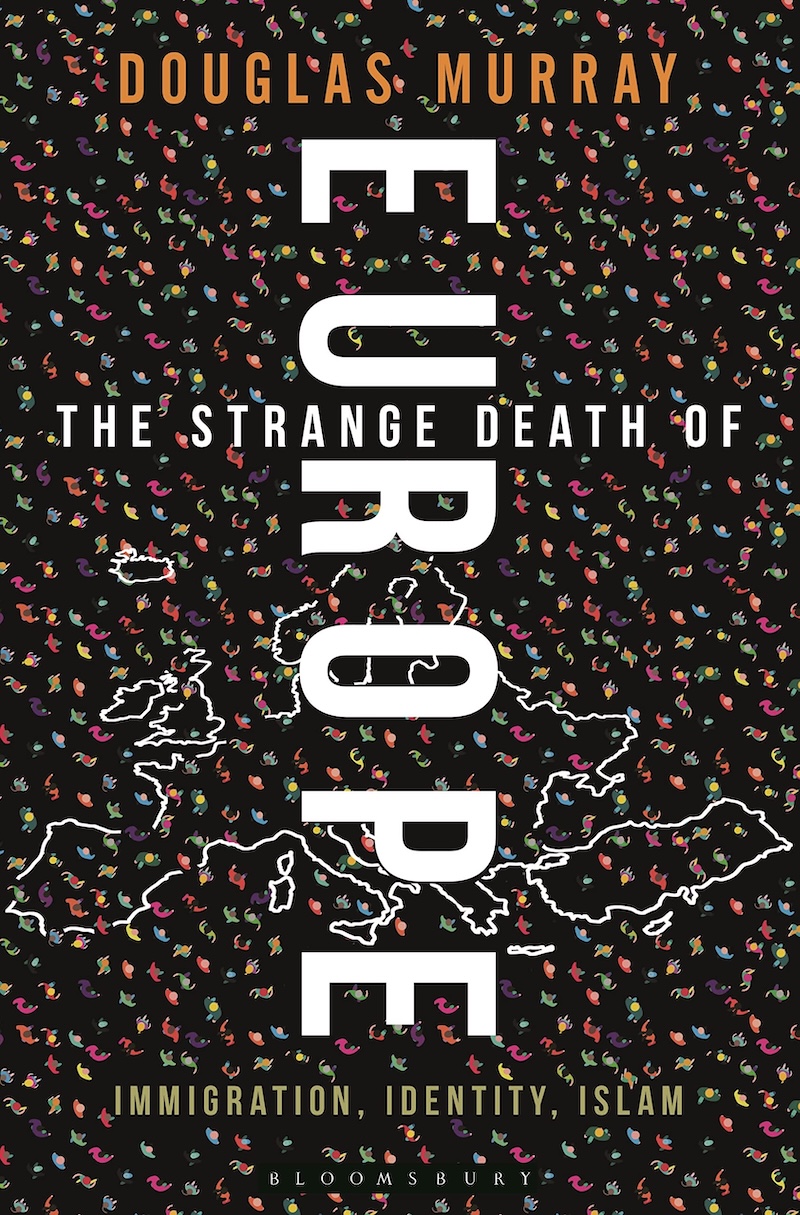The Strange Death of Europe by Douglas Murray

Why read the book?
In ‘The Strange Death of Europe: Immigration, Identity, Islam,’ British journalist and commentator Douglas Murray takes a bold and controversial look at what he sees as Europe’s existential crisis. Published in 2017, the book argues that Europe is committing cultural and civilisational suicide through a mix of mass immigration, especially from Muslim-majority countries, declining birth rates, and a loss of faith in its own traditions and values.
Murray combines firsthand reporting from migrant routes in Greece and Italy, statistical analysis, and philosophical musings to paint a picture of a continent overwhelmed by change it neither invited nor knows how to manage. From the shores of Lampedusa to the streets of Paris and Cologne, he chronicles the 2015 migrant crisis and its aftermath, highlighting terror attacks, cultural clashes, and what he calls the ‘tyranny of guilt’ that paralyses European leaders.
It’s a gripping, elegiac, and often grim narrative that challenges readers to confront tough questions about identity, integration, and the future of the West.
Favourite quote
Europe is committing suicide. Or at least its leaders have decided to commit suicide. Whether the European people choose to go along with this is, naturally, another matter.
What I Loved
Murray’s writing is super engaging, sharp, clear, and with a dry wit that makes even his darkest thoughts easy to read. His real strength is in how he mixes on-the-ground reporting with broader cultural analysis. The early chapters, where he visits migrant camps and talks to both newcomers and locals, make the numbers he later uses feel super real and immediate. His story about the 2015 migrant crisis, when over a million people came to Europe in just one year, feels raw and urgent, capturing the chaos and the human stakes on both sides.
I loved how he wasn’t afraid to tackle tough topics head-on, like the failures of multiculturalism or the rise of parallel communities, which are often ignored in polite conversations. His take on European elites, who he says are stuck by post-colonial guilt and won’t set clear cultural boundaries, is sharp and often hits the nail on the head. For readers who feel like mainstream stories avoid these issues, Murray’s honesty is a welcome change.
The book also gets really deep when it takes a philosophical look. Murray says Europe’s problems come from a deeper loss of confidence, a “spiritual exhaustion” that leaves it unable to defend its liberal values against what he sees as less compatible ideas. His references to thinkers like Oswald Spengler and his thoughts on whether civilisations, like humans, have life cycles add some serious intellectual weight to the book, making it more than just a rant. Whether you agree or not, it’s hard to deny the power of his writing or the clarity of his vision.
Key Takeaway
Europe’s identity crisis is real, and unchecked change can tear even the strongest societies apart. But fear alone won’t save it, and neither will nostalgia. Murray forces us to confront tough questions about who we are and what we’re willing to fight for, but his answers sometimes lean too heavily on despair rather than hope or practicality.
Enjoyed this post?
Well, you could share the post with others, follow me with RSS Feeds, send me a comment via email, and/or leave a donation in the Tip Jar.
Tags
Category:
Genres:
Person:
Year: